Find Help
More Items From Ergsy search
-
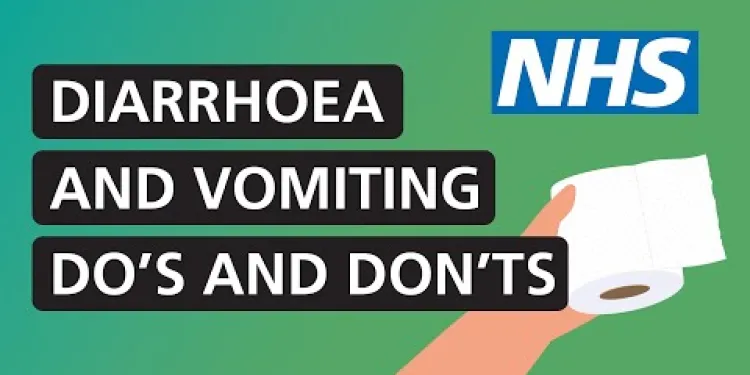
How to treat diarrhoea and vomiting at home (adults and children aged 5 and over) | NHS
Relevance: 100%
-
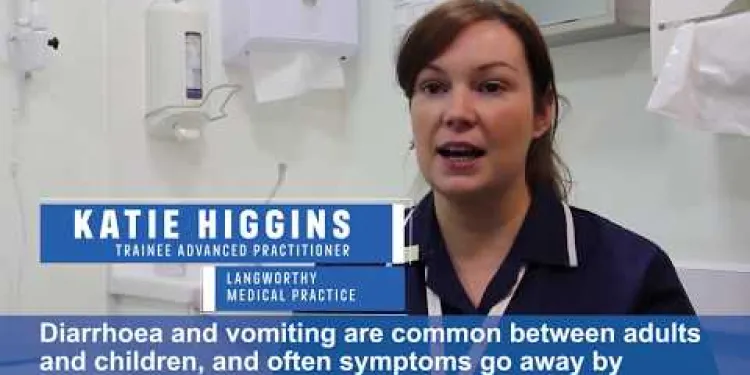
Advice for diarrhoea and vomiting
Relevance: 69%
-

My child has vomiting and diarrhoea - what do I do?
Relevance: 66%
-

Can antibiotics treat norovirus?
Relevance: 56%
-
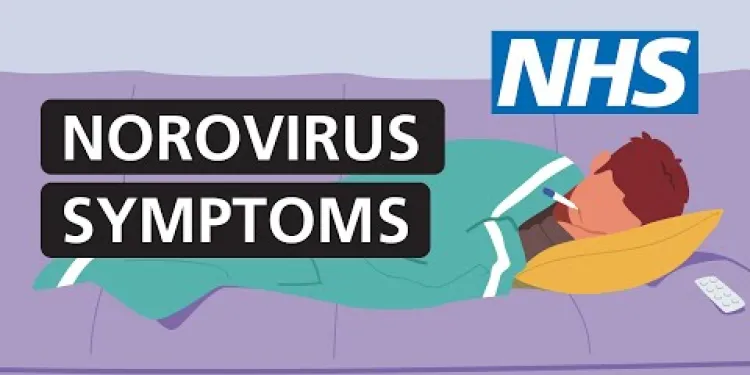
What is norovirus? (Diarrhoea and vomiting bug) | NHS
Relevance: 52%
-
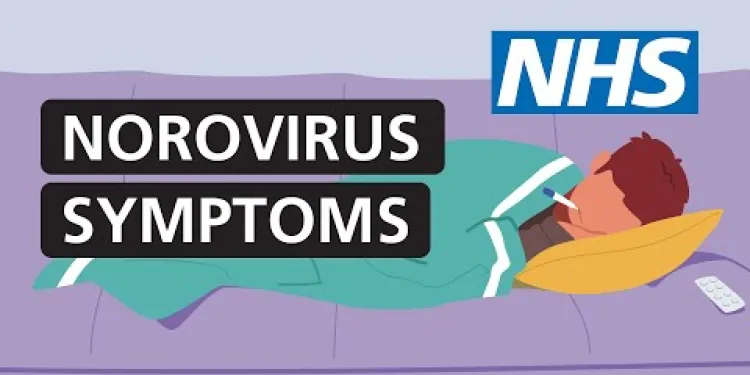
What is norovirus? (Diarrhoea and vomiting bug) | NHS
Relevance: 51%
-

Can E. coli infections be treated?
Relevance: 50%
-

Can measles be treated?
Relevance: 45%
-

Is it safe to use aspirin to treat chickenpox symptoms?
Relevance: 44%
-

How is impetigo treated?
Relevance: 42%
-
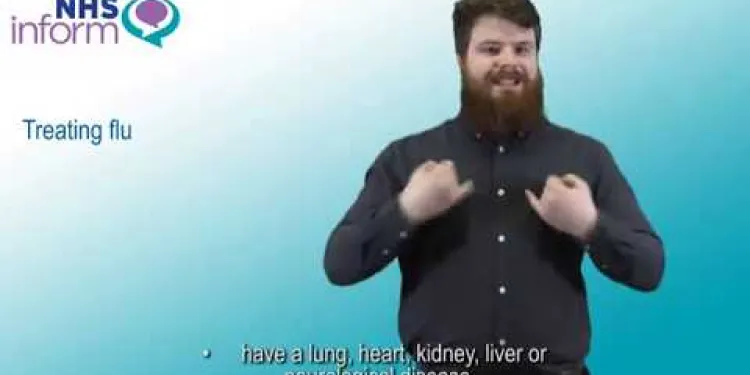
Treating flu (influenza)
Relevance: 42%
-
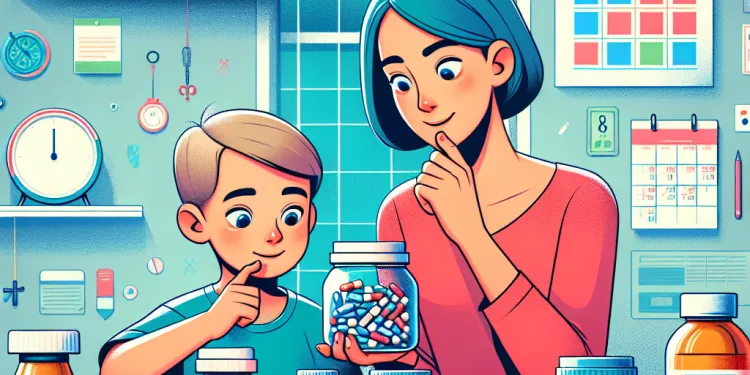
Can children take the same cold medications as adults?
Relevance: 41%
-

Can H3N2 be treated with antiviral medications?
Relevance: 41%
-

Can HPV be treated?
Relevance: 40%
-

What is the drug Wegovy used to treat?
Relevance: 40%
-

Can methanol poisoning be treated?
Relevance: 39%
-
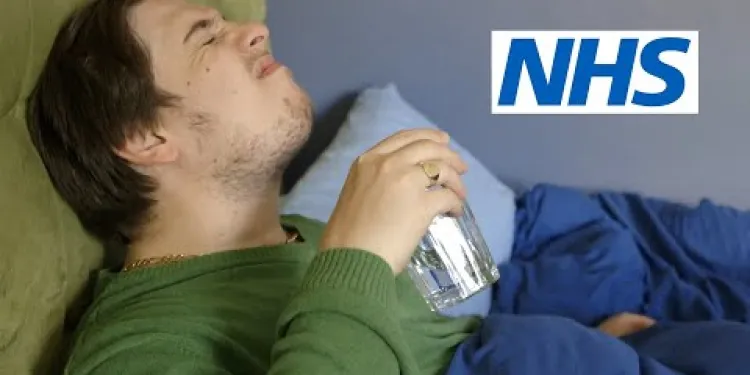
How to treat tonsillitis | NHS
Relevance: 39%
-
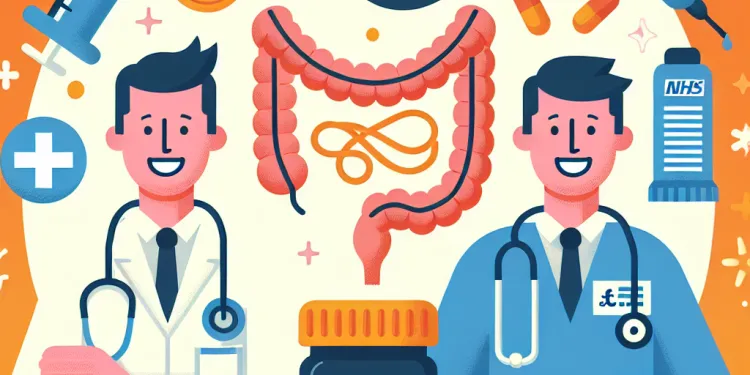
Can appendicitis be treated with antibiotics?
Relevance: 39%
-

What condition does Wegovy treat?
Relevance: 38%
-
Can eating disorders be treated?
Relevance: 38%
-
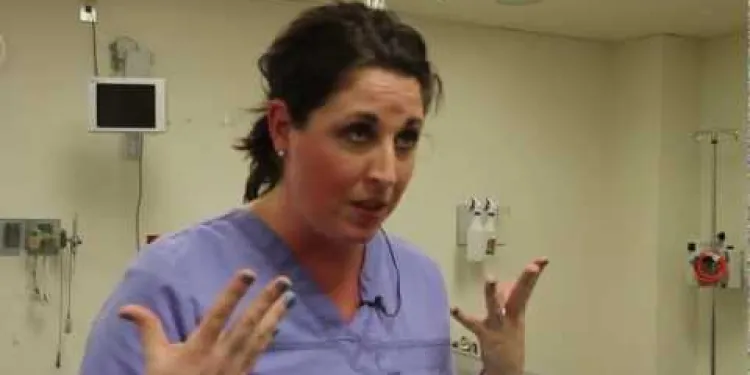
How to treat a scald burn
Relevance: 38%
-

How is scabies treated?
Relevance: 38%
-

Can adults get impetigo?
Relevance: 38%
-

Are children more susceptible to concussions than adults?
Relevance: 38%
-

Can Lyme disease be treated?
Relevance: 38%
-
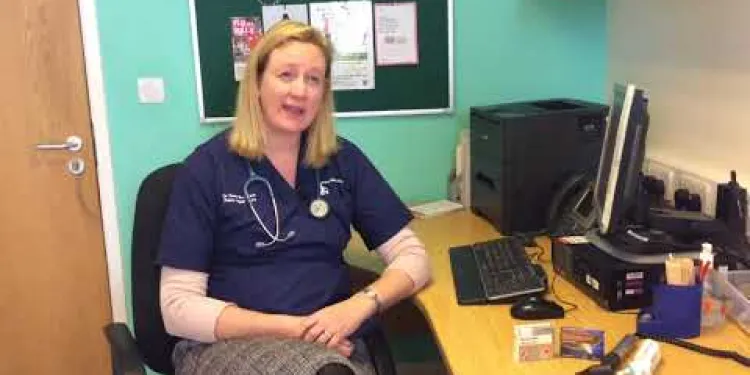
Self care: Treating ear infections
Relevance: 37%
-

Do chiropractors only treat the spine?
Relevance: 37%
-

How effective are antibiotics in treating Lyme disease?
Relevance: 37%
-

What condition is Mounjaro primarily used to treat?
Relevance: 37%
-

What conditions is Omeprazole used to treat?
Relevance: 36%
-
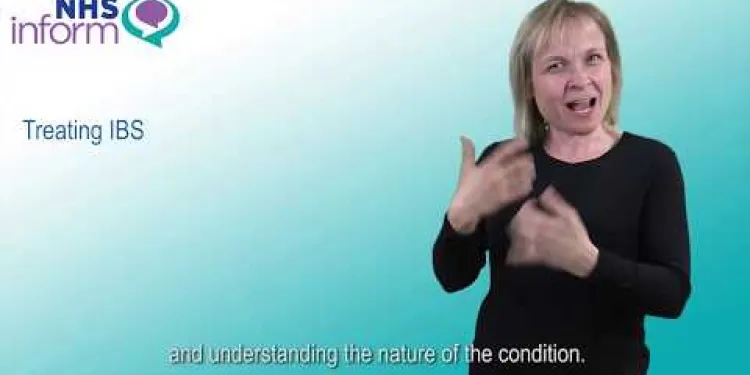
Treating irritable bowel syndrome (IBS)
Relevance: 36%
-

How is fungal meningitis treated?
Relevance: 36%
-
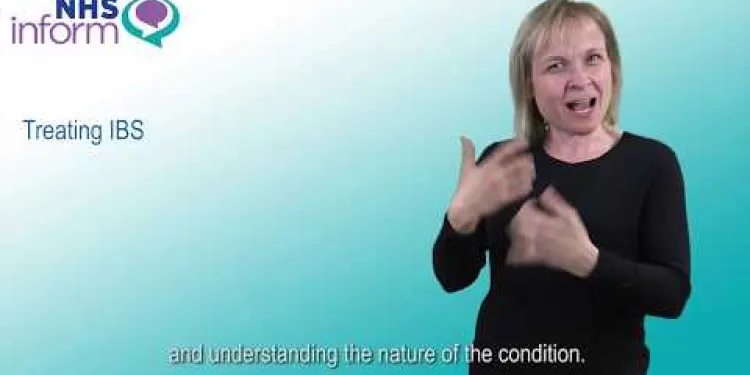
Treating irritable bowel syndrome (IBS)
Relevance: 36%
-

Managing and treating your child's eczema
Relevance: 35%
-
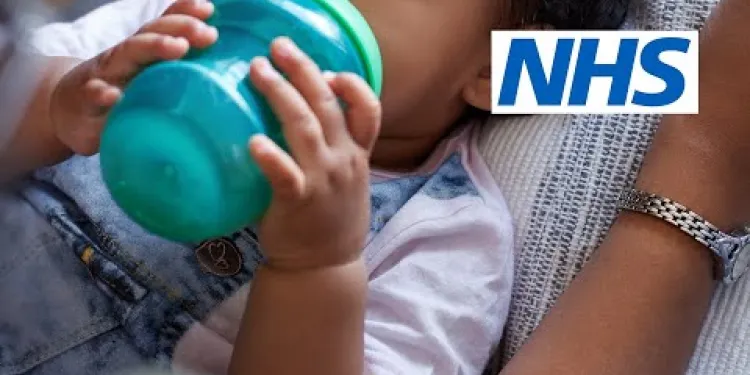
How do I treat my child's cold? (9 - 30 months) | NHS
Relevance: 35%
-

How is sickle cell disease treated?
Relevance: 35%
-

What areas can be treated with Botox?
Relevance: 35%
-

How do antibiotics affect gut health, especially in older adults?
Relevance: 35%
-

What is the drug Abiraterone used to treat?
Relevance: 35%
-

Can scabies be treated over-the-counter?
Relevance: 34%
How to Treat Diarrhoea and Vomiting at Home (Adults and Children Aged 5 and Over) | NHS
Introduction
Diarrhoea and vomiting can be uncomfortable and disruptive, but they usually improve within a few days. This guide offers home treatment advice based on NHS guidelines for both adults and children aged 5 and over.Hydration
Staying hydrated is crucial when dealing with diarrhoea and vomiting. For adults and older children:- Drink plenty of fluids, such as water, soup, or oral rehydration solutions available from pharmacies.
- Avoid caffeine, alcohol, and sugary drinks as they can worsen symptoms.
- Encourage children to take small sips of water frequently if they are finding it difficult to keep fluids down.
Rest
Adequate rest helps the body recover more quickly from illness.- Ensure that both adults and children get plenty of rest.
- A quiet, calm environment can aid in faster recovery.
Dietary Adjustments
Eating the right foods can help manage symptoms and improve recovery.- Start with bland foods such as bananas, rice, applesauce, and toast (BRAT diet) until you feel better.
- Avoid rich, spicy, or fatty foods as well as dairy products which can aggravate symptoms.
- Gradually reintroduce other foods as tolerance improves.
Over-the-Counter Medications
Certain medications can alleviate symptoms of diarrhoea and vomiting.- Consider anti-diarrhoeal medications like loperamide for adults, but only if recommended by a healthcare professional.
- For nausea, over-the-counter antiemetic medications can be used as needed.
- Consult a pharmacist for child-appropriate medications.
When to Seek Medical Attention
While most cases of diarrhoea and vomiting resolve at home, some situations require medical attention.- Seek medical help if symptoms persist for more than a few days.
- Look for signs of dehydration such as dry mouth, dizziness, or reduced urine output.
- If you notice blood in vomit or stools, seek immediate medical care.
- High fever, severe abdominal pain, or continuous vomiting also warrant a doctor's appointment.
Prevention Tips
Preventing the spread of infection is crucial to protect yourself and others.- Practice good hand hygiene by washing hands thoroughly with soap and water, especially after using the toilet and before eating.
- Clean and disinfect any contaminated surfaces promptly.
- Do not prepare food for others while symptomatic.
Conclusion
Diarrhoea and vomiting can often be managed effectively at home with proper hydration, rest, dietary adjustments, and the right medications. However, stay vigilant and seek medical attention when necessary to ensure a safe and swift recovery.How to Treat Diarrhoea and Vomiting at Home (Adults and Children Aged 5 and Over) | NHS
Introduction
Diarrhoea and vomiting can make you feel unwell. They usually get better in a few days. This guide helps you care for adults and children aged 5 and over at home.Hydration
Keep drinking fluids when you have diarrhoea and vomiting. For adults and older children:- Drink lots of water, soup, or special drinks from the pharmacy (oral rehydration solutions).
- Do not drink caffeine, alcohol, or sugary drinks. They can make things worse.
- Get children to take small sips of water often if they find drinking hard.
Rest
Rest is important to help your body get better.- Make sure adults and children rest well.
- Stay in a quiet and calm place to help recovery.
Dietary Adjustments
Eating simple foods can help you feel better.- Start with plain foods like bananas, rice, applesauce, and toast. This is called the BRAT diet.
- Do not eat rich, spicy, or fatty foods. Avoid dairy products as well.
- Add other foods slowly as you start to feel better.
Over-the-Counter Medications
Some medicines can help with diarrhoea and vomiting.- Adults can take anti-diarrhoeal medicine like loperamide, but only if a doctor says it's okay.
- For feeling sick, you can use medicine for nausea (antiemetics).
- Ask a pharmacist for the right medicine for children.
When to Seek Medical Attention
Sometimes you need to see a doctor.- See a doctor if you do not get better after a few days.
- Watch out for signs of dehydration like a dry mouth, dizziness, or peeing less.
- If there is blood in vomit or poo, go to the doctor right away.
- High fever, bad stomach pain, or throwing up a lot means you should see a doctor.
Prevention Tips
Stopping the spread of infection helps everyone.- Wash your hands really well with soap and water, especially after using the toilet and before eating.
- Clean and disinfect any dirty areas quickly.
- Do not make food for others if you are sick.
Conclusion
You can often get better from diarrhoea and vomiting at home by drinking fluids, resting, eating simple foods, and taking the right medicine. If you don’t get better, see a doctor to make sure you recover safely.Frequently Asked Questions
What are the first steps to take if experiencing diarrhoea and vomiting at home?
If you or a child aged 5 and over develop diarrhoea and vomiting, the first steps are to stay at home, rest, and drink plenty of fluids to avoid dehydration.
What fluids are best to drink during diarrhoea and vomiting?
Water is the best option, but you can also drink oral rehydration solutions and clear broths to stay hydrated.
Should I eat anything if I have diarrhoea and vomiting?
Eat small, light meals if you feel able to. Eat plain foods such as rice, pasta, crackers, and bread that are easy on the stomach.
Are there specific foods I should avoid?
Avoid fatty, spicy, or sugary foods, as well as dairy products, as they can irritate your stomach further.
How long does diarrhoea and vomiting usually last?
Diarrhoea and vomiting typically last for about 1 to 2 days. However, it can occasionally last longer, and you should seek medical advice if it persists beyond a few days.
When should I seek medical advice for diarrhoea and vomiting?
Seek medical advice if you show signs of dehydration such as dark urine, dizziness, or dry mouth, if symptoms persist longer than a few days, or if you have a high fever or severe pain.
How can I prevent the spread of diarrhoea and vomiting to others?
Wash your hands thoroughly with soap and water, clean surfaces and objects, avoid preparing food for others, and stay home for at least 48 hours after symptoms stop.
Can I give over-the-counter medications to help with symptoms?
While over-the-counter medications like paracetamol can help with pain and fever, it's best to avoid anti-diarrhoea medications unless advised by a healthcare professional.
Should children be given special treatment when they have diarrhoea and vomiting?
Ensure children drink plenty of fluids like water or oral rehydration solutions, and offer them small, light meals. Monitor them closely for signs of dehydration.
Is it okay to exercise if I have diarrhoea and vomiting?
It's best to rest and avoid strenuous activity while recovering from diarrhoea and vomiting in order to allow your body to heal.
What signs of dehydration should I watch for in adults?
Signs of dehydration in adults include feeling thirsty, lightheaded, dry mouth and lips, dark urine, and infrequent urination.
What signs of dehydration should I watch for in children?
Watch for signs such as a dry mouth and tongue, no tears when crying, sunken eyes, less frequent urination including dry nappies, and drowsiness.
Can probiotics help with diarrhoea and vomiting?
Some studies suggest that probiotics can help some people with diarrhoea, but you should consult with a healthcare professional before using them.
Is it necessary to stay off work or school with diarrhoea and vomiting?
Yes, stay off work or school for at least 48 hours after the last episode of diarrhoea or vomiting to prevent spreading the infection.
Should I still take my regular medications while experiencing diarrhoea and vomiting?
Consult your healthcare provider about your regular medications, as their absorption might be affected. They can advise on any necessary adjustments.
What to Do First if You Have Diarrhoea and Vomiting at Home
If you have diarrhoea and vomiting, follow these steps:
- Drink lots of clear fluids, like water.
- Rest and take it easy.
- Eat simple foods, like toast or crackers, if you are hungry.
These ideas can help you feel better. If you are worried, ask someone for help or talk to a doctor.
If you or a child over 5 years old have diarrhoea and vomiting, here is what to do:
1. Stay at home.
2. Get lots of rest.
3. Drink plenty of water or juice. This helps you not get too thirsty.
What drinks are best when you have diarrhoea and vomiting?
It's important to drink the right things when you have diarrhoea or are being sick. Drink water, clear juice, or special drinks called "oral rehydration solutions" (ORS). These drinks help you stay hydrated.
If you are not sure, or if you need help, ask a grown-up or a doctor. You can also use a straw or a cup with a lid to help you drink slowly.
It is good to drink water. Water is the best choice. You can also drink special drinks that help when you need more water, like oral rehydration solutions.
Another option is to drink clear soups. They also help you stay hydrated.
What should I eat if I have diarrhoea and vomiting?
When your tummy is upset, like when you have diarrhoea and you are vomiting, eating can be tricky. But eating the right things can help you feel better.
Here are some easy foods you can try:
- Dry toast or crackers
- Plain rice
- Bananas
- Apple sauce
- Clear soup
Drink lots of water to stay hydrated. Little sips are good.
Remember to get plenty of rest too!
Try to eat small meals if you can. Eat simple foods like rice, pasta, crackers, and bread. These foods are gentle on your tummy.
Are there any foods I should not eat?
Some foods might not be good for you. They can make you feel unwell.
Here are some things to think about:
- Ask someone you trust, like a family member or a doctor, if you are unsure.
- Use pictures or apps that help you understand which foods are healthy.
This can help you know what to eat or not eat.
Try not to eat foods that are very fatty, spicy, or sugary. Also, avoid milk and cheese, because these can upset your stomach.
How long does it take to feel better when you have diarrhoea and vomiting?
Diarrhoea usually stops after 2 to 4 days.
Vomiting usually stops after 1 to 2 days.
If you feel sick for more than a few days, tell a doctor.
Here are some tips to help you feel better:
- Drink plenty of water.
- Eat small, light meals.
- Rest when you can.
When you have diarrhoea and vomiting, it usually gets better in 1 or 2 days. But sometimes it can last longer. If you still feel sick after a few days, it is a good idea to talk to a doctor.
When should I ask a doctor for help about diarrhoea and vomiting?
Diarrhoea means runny poo. Vomiting means throwing up. Sometimes, these can make you feel very sick.
Here are some times you should ask a doctor for help:
- If you have been throwing up or have runny poo for more than two days.
- If you feel very weak or dizzy.
- If you cannot keep any drinks or food down.
- If you are worried or do not feel better soon.
It is important to drink water. This helps you not get too dry inside.
You can use a phone or ask someone to help you call the doctor.
If you feel very thirsty, dizzy, or your pee is dark, talk to a doctor. Also, if you feel sick for more than a few days, or have a high fever or bad pain, see a doctor.
How can I stop others from getting sick with diarrhoea and vomiting?
You can do these things to help:
- Wash your hands a lot with soap and water. This stops germs from spreading.
- Stay home if you feel sick. This helps keep other people healthy.
- Clean things like toilets and sinks often. Use something that kills germs.
- Don’t share towels, cups, or plates when you are sick.
- Cover your mouth and nose when you cough or sneeze.
It’s good to use pictures and videos to help. Ask someone to help read this with you if you need it.
Wash your hands well with soap and water. Clean tables and things you touch. Do not make food for other people. Stay home for at least 2 days after you feel better.
Can I use medicine from the store to help with feeling sick?
If you are feeling sick, you might think about using medicine you can buy at the store.
Here are some tips to help:
- Ask a grown-up if the medicine is okay for you.
- Read the label. It tells you how much to take.
- If you are unsure, talk to a doctor or pharmacist.
Remember, it is important to be safe when using medicine. Always follow the directions on the package.
If you have pain or a fever, you can take medicine like paracetamol that you get at the store. But it's best not to take medicine for diarrhoea unless a doctor says it's okay.
Do kids need extra care if they have tummy troubles and are being sick?
When kids have a runny tummy or are throwing up, it is important to take care of them.
- Make sure they drink lots of water to stay hydrated.
- Let them rest so they can get better.
- If it gets worse, talk to a doctor for help.
These steps will help kids feel better soon!
Make sure kids drink lots of water or drinks that help when they are sick. Give them small, easy meals. Watch them closely to see if they are not getting enough water.
Can I exercise if I feel sick and have diarrhoea?
If you are feeling sick and your tummy is upset, it's better to rest. When you have diarrhoea or vomiting, your body needs time to get better.
Here are some things you can do:
- Drink plenty of water to stay hydrated.
- Get lots of rest so your body can recover.
- Eat light, easy-to-digest foods like toast or bananas.
It’s a good idea to wait until you feel better before exercising again.
When you have diarrhoea and are being sick, it is important to rest. Try not to do too much, so your body can get better.
What are the signs that an adult might need more water?
When adults do not drink enough water, they might feel some signs. These signs include feeling very thirsty, dizzy, having a dry mouth and lips, having dark yellow pee, and not going to the toilet to pee very often.
What are the signs that a child needs more water?
Here are some signs to look out for:
- Dry mouth and lips
- Not many wet diapers or going to the bathroom less
- Feeling tired or sleepy
- Sunken eyes or cheeks
- Feeling dizzy or lightheaded
If you see these signs, try giving the child some water to drink. You can also ask a doctor for help. Using pictures or a video to explain can make it easier for them to understand.
Look for signs like a dry mouth and tongue. There may be no tears when crying. The eyes might look sunken. There might be fewer wet nappies because of less peeing. The person may also seem very sleepy.
Can probiotics help with tummy troubles like diarrhea and throwing up?
Let’s look at probiotics when your tummy feels sick:
- Probiotics are tiny good germs that live in your belly.
- Sometimes, these good germs can help when you have diarrhea or are throwing up.
- Eating foods with probiotics, like yogurt, can be helpful.
- Talk to a doctor if you feel very sick or if you're unsure.
Some useful ways to feel better might include:
- Drinking lots of water to stay hydrated.
- Getting plenty of rest.
- Eating simple foods that are gentle on your tummy.
Always ask for help from a grown-up if you need it.
Some studies say that probiotics might help people who have diarrhoea. But, it is important to talk to a doctor before you use them.
Do I need to miss work or school if I have diarrhoea or vomiting?
Yes, stay home if you have diarrhoea or vomiting. This helps stop germs from spreading.
Helpful tips:
- Rest and drink lots of water.
- Eat bland foods like rice or toast.
- Wash your hands often with soap.
Yes, do not go to work or school for 2 days after you last had diarrhea or vomiting. This helps stop germs from spreading.
Remember, wash your hands lots of times. Use soap and water. Cover your mouth when you cough or sneeze.
It helps to drink plenty of water. You can also eat foods that are easy to digest.
If you're not sure or need extra help, ask a doctor or call a nurse for advice.
Can I keep taking my usual medicine if I have diarrhoea and vomiting?
If you feel sick and have diarrhoea:
- Ask a grown-up or doctor for advice.
- They can help you know what to do.
- It's important to get the right advice to feel better.
Talk to your doctor about the medicine you take every day. It might not work the same because of changes in your body. Your doctor can tell you what to do.
Useful Links
This website offers general information and is not a substitute for professional advice.
Always seek guidance from qualified professionals.
If you have any medical concerns or need urgent help, contact a healthcare professional or emergency services immediately.
Some of this content was generated with AI assistance. We’ve done our best to keep it accurate, helpful, and human-friendly.
- Ergsy carfully checks the information in the videos we provide here.
- Videos shown by Youtube after a video has completed, have NOT been reviewed by ERGSY.
- To view, click the arrow in centre of video.
- Most of the videos you find here will have subtitles and/or closed captions available.
- You may need to turn these on, and choose your preferred language.
- Go to the video you'd like to watch.
- If closed captions (CC) are available, settings will be visible on the bottom right of the video player.
- To turn on Captions, click settings .
- To turn off Captions, click settings again.
More Items From Ergsy search
-

How to treat diarrhoea and vomiting at home (adults and children aged 5 and over) | NHS
Relevance: 100%
-

Advice for diarrhoea and vomiting
Relevance: 69%
-

My child has vomiting and diarrhoea - what do I do?
Relevance: 66%
-

Can antibiotics treat norovirus?
Relevance: 56%
-

What is norovirus? (Diarrhoea and vomiting bug) | NHS
Relevance: 52%
-

What is norovirus? (Diarrhoea and vomiting bug) | NHS
Relevance: 51%
-

Can E. coli infections be treated?
Relevance: 50%
-

Can measles be treated?
Relevance: 45%
-

Is it safe to use aspirin to treat chickenpox symptoms?
Relevance: 44%
-

How is impetigo treated?
Relevance: 42%
-

Treating flu (influenza)
Relevance: 42%
-

Can children take the same cold medications as adults?
Relevance: 41%
-

Can H3N2 be treated with antiviral medications?
Relevance: 41%
-

Can HPV be treated?
Relevance: 40%
-

What is the drug Wegovy used to treat?
Relevance: 40%
-

Can methanol poisoning be treated?
Relevance: 39%
-

How to treat tonsillitis | NHS
Relevance: 39%
-

Can appendicitis be treated with antibiotics?
Relevance: 39%
-

What condition does Wegovy treat?
Relevance: 38%
-
Can eating disorders be treated?
Relevance: 38%
-

How to treat a scald burn
Relevance: 38%
-

How is scabies treated?
Relevance: 38%
-

Can adults get impetigo?
Relevance: 38%
-

Are children more susceptible to concussions than adults?
Relevance: 38%
-

Can Lyme disease be treated?
Relevance: 38%
-

Self care: Treating ear infections
Relevance: 37%
-

Do chiropractors only treat the spine?
Relevance: 37%
-

How effective are antibiotics in treating Lyme disease?
Relevance: 37%
-

What condition is Mounjaro primarily used to treat?
Relevance: 37%
-

What conditions is Omeprazole used to treat?
Relevance: 36%
-

Treating irritable bowel syndrome (IBS)
Relevance: 36%
-

How is fungal meningitis treated?
Relevance: 36%
-

Treating irritable bowel syndrome (IBS)
Relevance: 36%
-

Managing and treating your child's eczema
Relevance: 35%
-

How do I treat my child's cold? (9 - 30 months) | NHS
Relevance: 35%
-

How is sickle cell disease treated?
Relevance: 35%
-

What areas can be treated with Botox?
Relevance: 35%
-

How do antibiotics affect gut health, especially in older adults?
Relevance: 35%
-

What is the drug Abiraterone used to treat?
Relevance: 35%
-

Can scabies be treated over-the-counter?
Relevance: 34%


